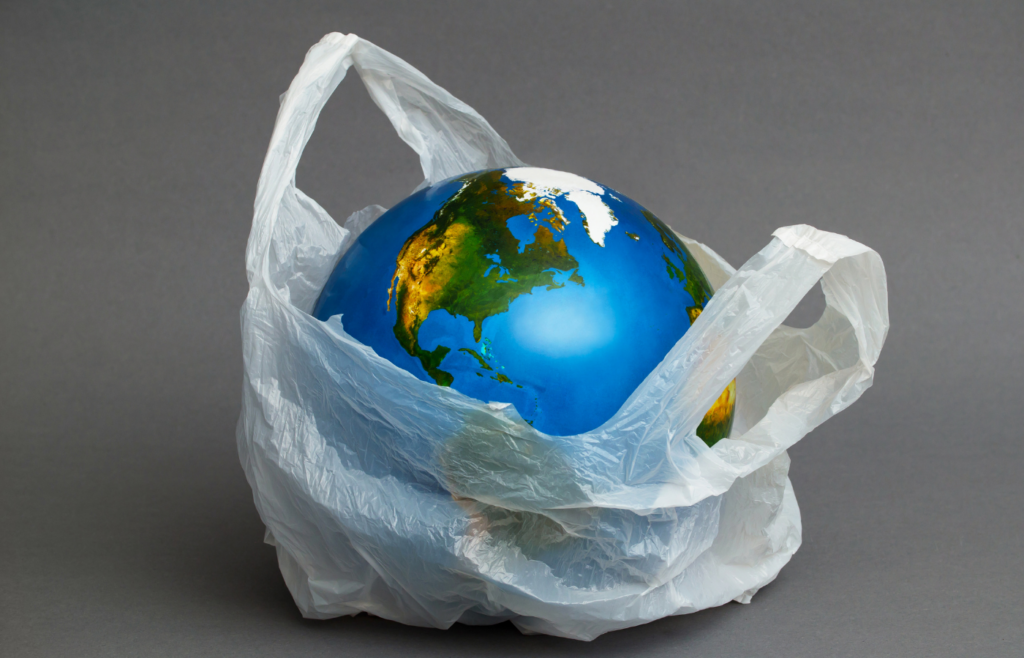The task of solving the plastic waste crisis does not rest solely on policymakers and government officials. Every stakeholder, including private citizens, needs to do their part to manage and mitigate the effects of plastic pollution. This is where a robust education program can raise awareness of the growing issue and foster a culture of responsible collection and disposal.
Today, we’ll look at the importance of educational initiatives focussed on plastic waste management. Discover how these programs can help shape a generation of environmentally conscious individuals who understand the urgency of addressing the plastic pollution crisis.
Facing the Challenge of Plastic Waste
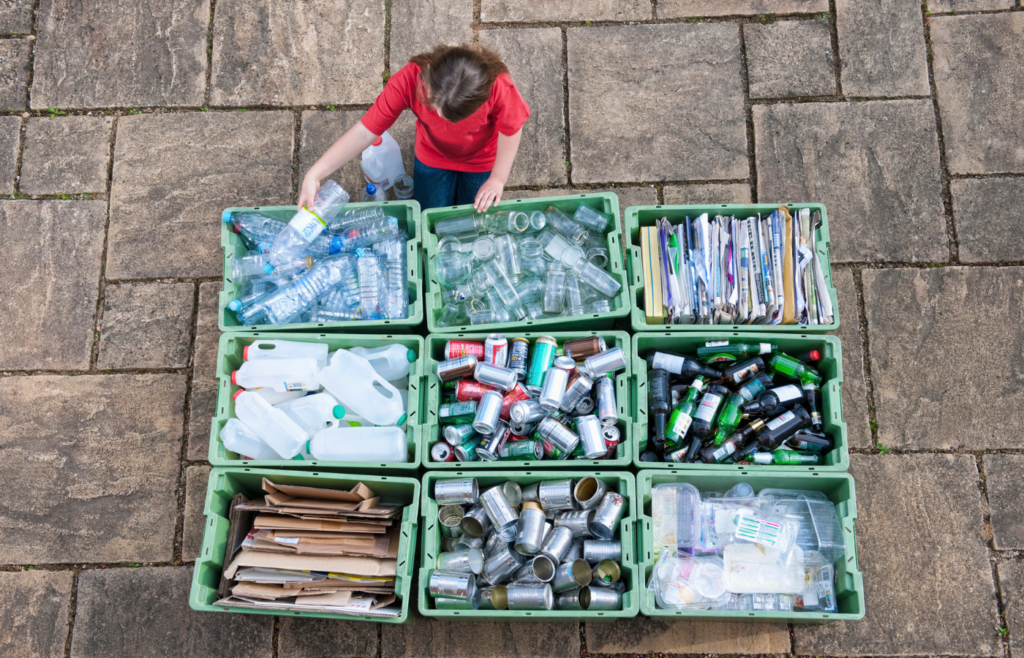
Plastic waste has become one of the defining environmental challenges of our time. With its durability, versatility, and widespread use, plastic has infiltrated every aspect of our lives. However, the convenience of plastic comes at a steep cost, as mismanagement and inadequate disposal lead to widespread pollution, adversely affecting ecosystems, wildlife, and human health.
As plastic production continues to surge, the need for concerted efforts to manage plastic waste has never been more critical. Education stands as a linchpin in the collective endeavor to address the plastic predicament.
The Educational Imperative: Shaping Minds, Changing Habits
- Building Environmental Literacy
At the centre of the educational imperative is the need to build environmental literacy among students of all ages. Environmental literacy goes beyond a basic understanding of ecosystems and biodiversity; it encompasses a deep appreciation for the interconnectedness of human activities and their impact on the planet.
Educational curricula should incorporate modules that teach students about the life cycle of plastics, the environmental consequences of plastic pollution, and the importance of responsible waste management. By instilling a sense of environmental stewardship, education becomes a foundation for sustainable practices. - Fostering Critical Thinking and Problem Solving
The plastic waste crisis demands critical thinking and problem-solving skills. Education serves as a vehicle to nurture these skills by encouraging students to explore the complexities of plastic pollution, analyse its root causes, and envision innovative solutions.
Classroom activities, projects, and interactive learning experiences can empower students to think critically about the environmental challenges posed by plastic waste. By fostering a problem-solving mindset, education equips individuals to actively engage in finding and implementing solutions.
Plastic Awareness Campaigns in Educational Institutions
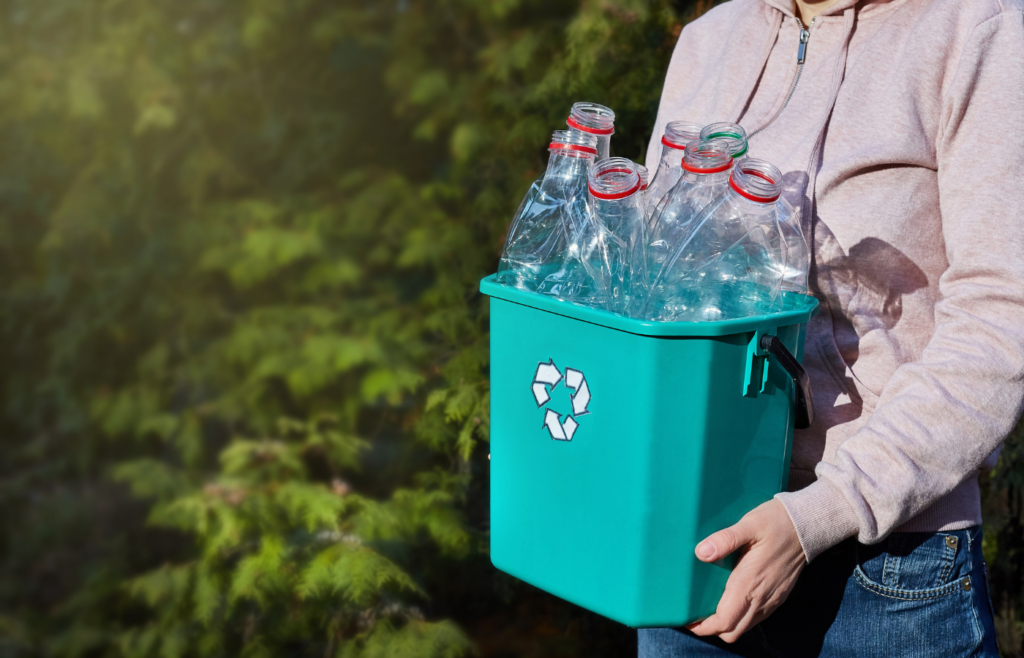
Educational institutions play a pivotal role in shaping the plastic awareness landscape. From primary schools to universities, institutions can integrate plastic waste awareness campaigns into their educational programs.
- Engaging Students in Hands-On Activities
Hands-on activities, such as waste audits, recycling drives, and plastic clean-up events, engage students directly in the issue of plastic waste. These activities not only provide practical insights into waste management but also foster a sense of responsibility and community engagement.
Educational institutions can collaborate with local authorities, environmental organisations, and businesses to organise these initiatives, creating opportunities for students to witness the real-world impact of plastic waste and actively contribute to solutions. - Incorporating Environmental Education Across Disciplines
Plastic waste awareness need not be confined to science classes alone. Educational institutions can integrate environmental education across disciplines, incorporating aspects of plastic pollution into subjects like geography, history, literature, and even art.
By weaving environmental themes into diverse subjects, educators can ensure that students develop a holistic understanding of the multifaceted challenges posed by plastic waste. This interdisciplinary approach nurtures a well-rounded awareness that extends beyond the confines of traditional science education.
Community Engagement and Outreach
Education extends beyond the walls of classrooms. Community engagement and outreach initiatives amplify the impact of educational efforts by reaching a broader audience.
- Collaborating with Local Communities
Educational institutions can collaborate with local communities to organise workshops, seminars, and awareness campaigns. By involving residents, businesses, and community leaders, these initiatives create a network of informed individuals who collectively contribute to plastic waste reduction.
Community-based projects, such as establishing recycling centers or conducting neighborhood clean-up drives, empower individuals to take ownership of their local environments and actively participate in the fight against plastic pollution. - Leveraging Technology for Outreach
Technology offers powerful tools for educational outreach. Schools and organisations can leverage online platforms to disseminate information, raise awareness, and engage a global audience in the conversation about plastic waste.
Webinars, social media campaigns, and educational apps provide accessible avenues for individuals of all ages to learn about the impact of plastic waste and discover ways to reduce their ecological footprint. Virtual engagement broadens the scope of educational initiatives, transcending geographical limitations.
Educator Training and Professional Development
To effectively convey the nuances of plastic waste awareness, educators themselves need adequate training and professional development opportunities.
- Integrating Environmental Education into Teacher Training
Teacher training programs should incorporate modules on environmental education, with a specific focus on plastic waste awareness. Equipping educators with the knowledge and tools to effectively convey the environmental implications of plastic waste ensures that students receive accurate and impactful information.
Professional development workshops, conferences, and collaborative networks can further support educators in staying abreast of the latest developments in environmental science and sustainability, enhancing their ability to inspire and inform students. - Showcasing Best Practices and Success Stories
Educators benefit from access to a repository of best practices and success stories related to plastic waste awareness initiatives. Sharing case studies and success stories not only inspires educators but also provides practical insights into implementing effective programs within educational settings.
Platforms for sharing experiences, whether through conferences or online forums, create a supportive community of educators committed to advancing plastic waste awareness in their schools and communities.
Plastic Waste Education in Higher Learning Institutions
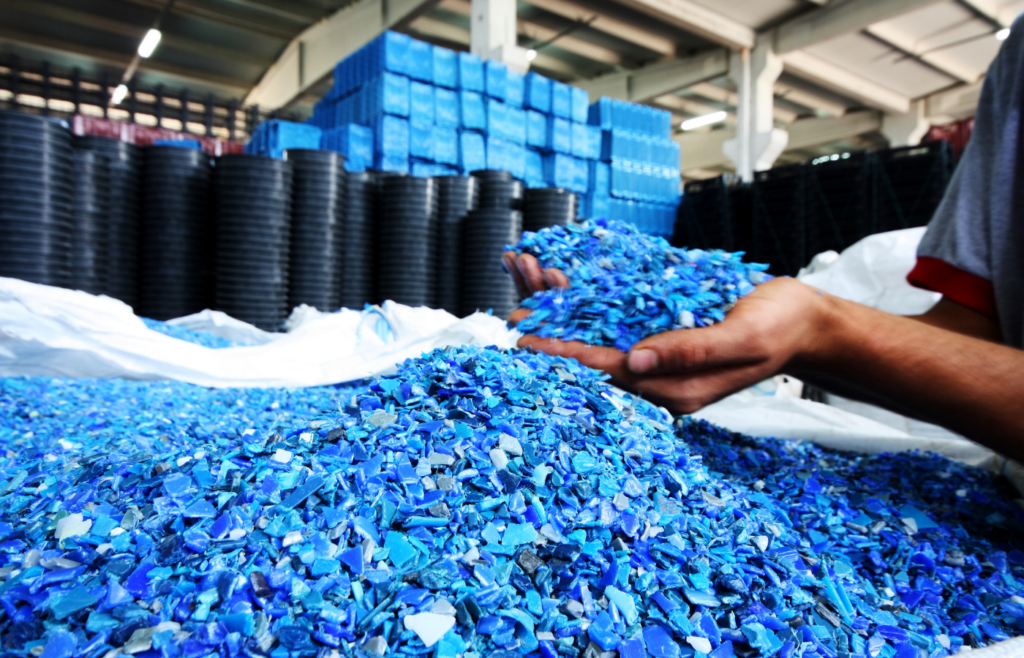
Higher learning institutions play a unique role in shaping future leaders, researchers, and professionals. Plastic waste education in these institutions goes beyond foundational awareness to include research, innovation, and policy development.
- Research Initiatives on Plastic Waste
Universities and research institutions can spearhead research initiatives focused on plastic waste, exploring innovative solutions and contributing to the broader scientific understanding of the issue. Interdisciplinary research teams can investigate the environmental, social, and economic aspects of plastic waste, driving meaningful change.
By fostering a culture of inquiry and discovery, higher learning institutions contribute to the intellectual capital needed to address the complexity of plastic pollution. - Integrating Sustainability into Professional Programs
Professional programs, whether in business, law, engineering, or the arts, can integrate sustainability and plastic waste awareness into their curricula. Graduates across diverse fields should be equipped with the knowledge and skills to address the environmental impact of their respective industries.
Including sustainability components in professional programs ensures that future leaders are not only adept in their fields but also mindful of the broader ecological context in which they operate.
Challenges in Plastic Waste Education and Potential Solutions
While education plays a pivotal role in promoting plastic waste awareness, several challenges exist that warrant consideration and innovative solutions.
- Resource Constraints
Many educational institutions, particularly those in resource-limited settings, face challenges in implementing comprehensive plastic waste awareness programs. Limited budgets, inadequate infrastructure, and a lack of educational materials can hinder efforts to integrate environmental education.
Collaborative partnerships with local businesses, NGOs, and government agencies can provide resources, including funding, materials, and expertise, to support educational initiatives. Leveraging community resources and engaging in creative fundraising can also help overcome resource constraints. - Curriculum Integration Challenges
Incorporating plastic waste awareness into existing curricula may face resistance or challenges due to rigid educational structures or competing priorities.
Advocacy for curriculum reform and interdisciplinary approaches can address integration challenges. Providing educators with flexible teaching tools and resources that align with existing subjects allows for seamless integration of plastic waste awareness into diverse educational settings. - Accessibility and Inclusivity
Ensuring that plastic waste education is accessible and inclusive for all students, regardless of socioeconomic background or geographical location, is a critical consideration.
Online platforms, open-access educational resources, and community outreach initiatives can enhance accessibility. Tailoring educational content to diverse cultural contexts and languages ensures inclusivity, recognising that the plastic waste issue is a global challenge with local nuances. - Addressing Behavioural Change
While education can instill awareness, translating that awareness into tangible behavioral change remains a significant challenge.
Interactive and experiential learning approaches, coupled with community engagement, can bridge the gap between awareness and action. Encouraging students to lead by example and champion environmentally responsible practices within their communities fosters a sense of agency and empowerment.
The Future of Plastic Waste Education: A Call to Action
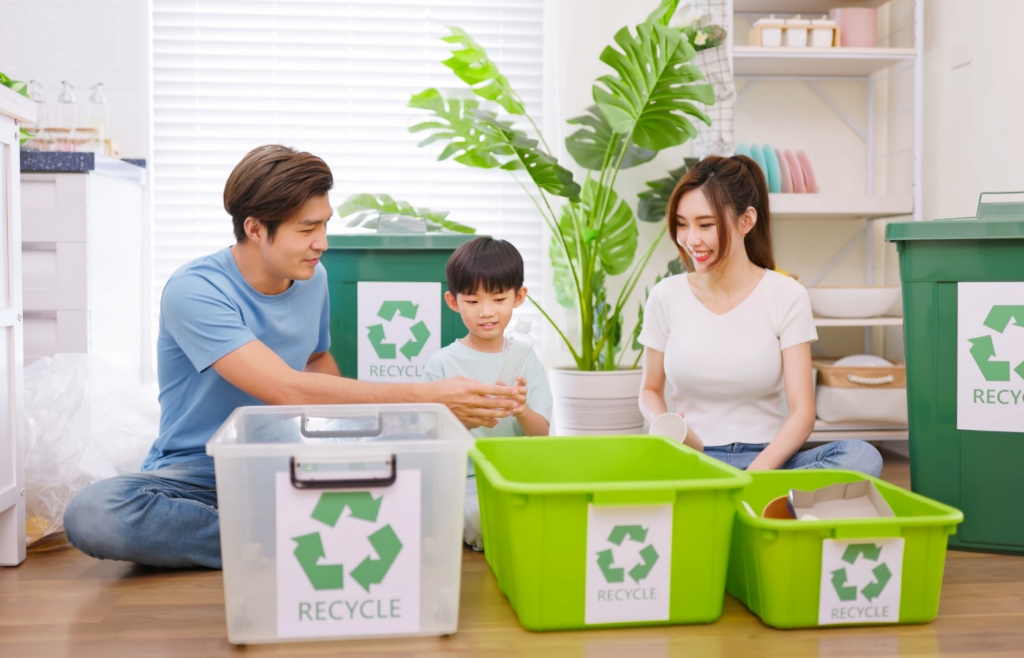
The future of plastic waste education holds immense promise as educators, students, and communities unite in a shared commitment to environmental stewardship.
- Advancing Technological Integration
As technology continues to evolve, its integration into plastic waste education will play an increasingly prominent role. Virtual reality experiences, augmented reality simulations, and interactive online platforms can provide immersive learning opportunities, making complex environmental concepts more accessible and engaging. - Amplifying Youth Voices
Empowering youth as advocates and change-makers is a key aspect of the future of plastic waste education. Youth-led initiatives, campaigns, and projects not only amplify the message but also bring fresh perspectives and innovative solutions to the forefront. - Strengthening Global Partnerships
The plastic waste issue transcends borders, necessitating global collaboration. Educational institutions, governments, NGOs, and businesses should strengthen partnerships to create a cohesive and coordinated approach to plastic waste education. Sharing best practices, resources, and knowledge on a global scale contributes to a more comprehensive and effective response. - Enabling Policy Support
Government support and policies that prioritise environmental education, particularly in the context of plastic waste, are critical. By integrating plastic waste awareness into national education frameworks, governments can ensure a standardised and widespread approach to environmental education.
A Transformative Journey Through Education
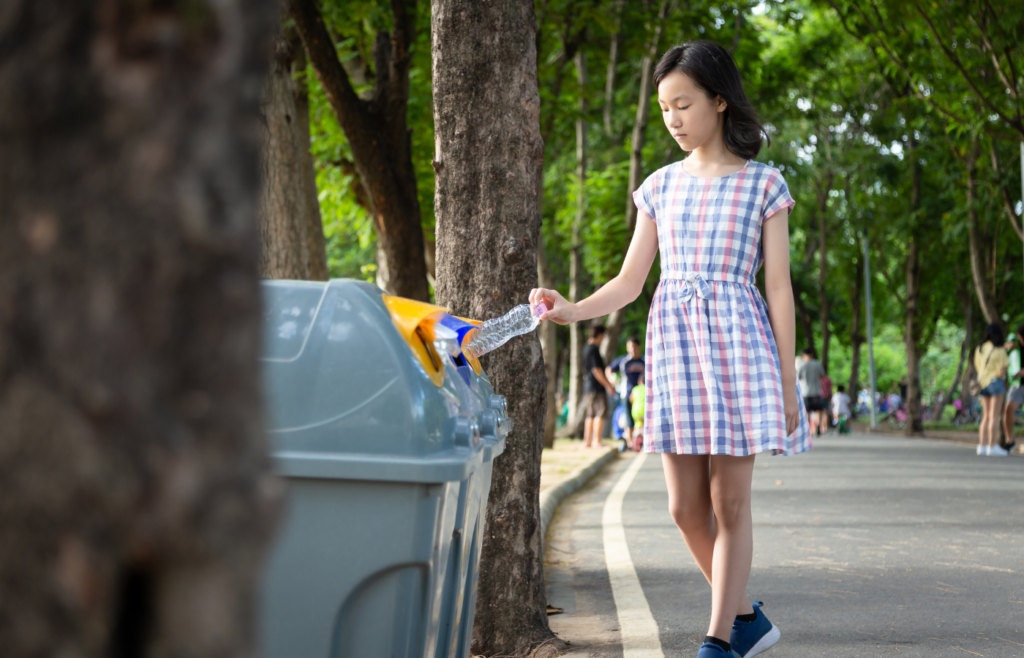
The journey towards a plastic-free future is not only about waste management but also about cultivating a deep sense of responsibility for the environment. Through education, individuals become conscious stewards of the planet, equipped with the knowledge, skills, and passion needed to address the plastic waste crisis.
In the collective efforts to promote plastic waste awareness and collection, each educational initiative becomes a beacon of change, illuminating the path toward a sustainable and harmonious coexistence with our planet. The journey to solve the plastic waste crisis is a shared commitment—a commitment to a world where the impact of plastic pollution is understood, addressed, and ultimately transformed for the better.
For more news & insights, stay tuned to the AIC website.

